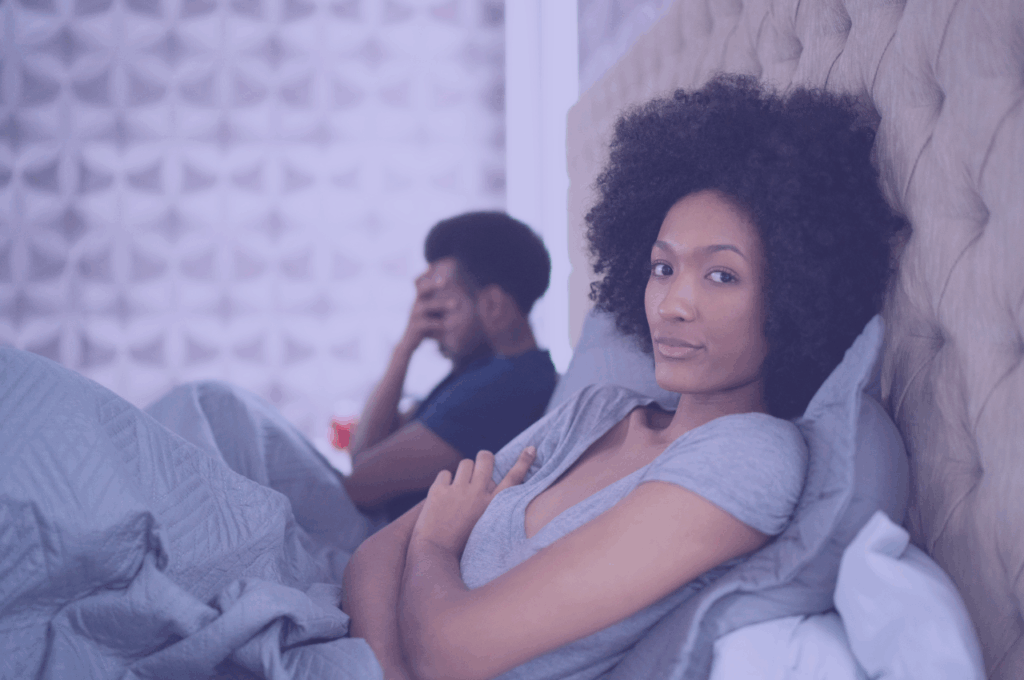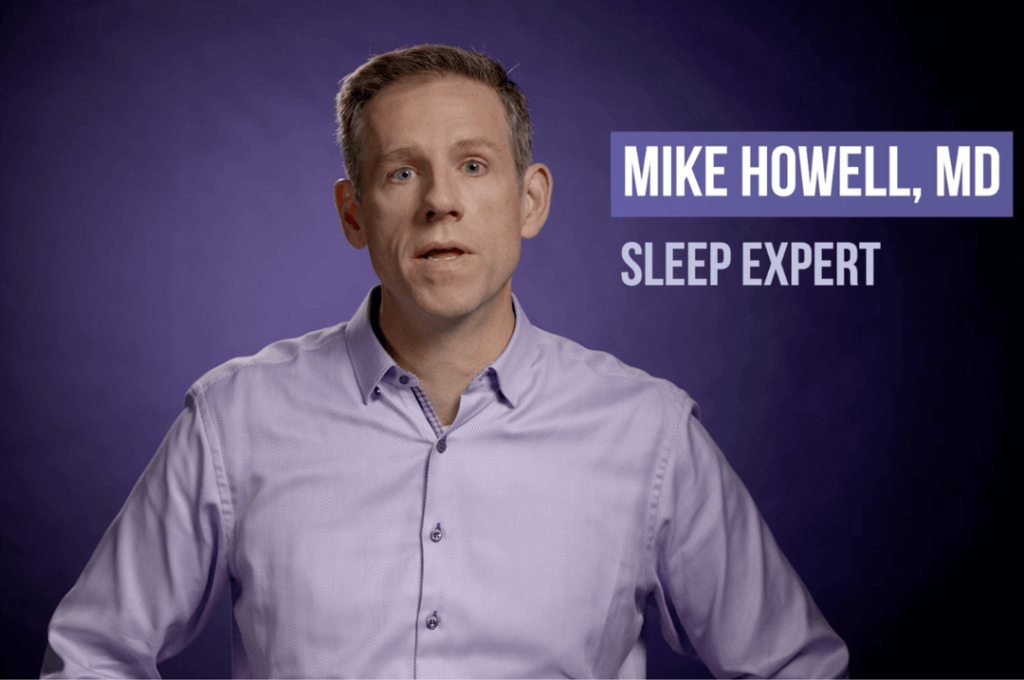A Circadian rhythm is your 24-hour body clock. Your body and brain function within the rhythms of nature.
What is Your Circadian Rhythm and How Does It Affect Your Health and Daily Function?
A Circadian rhythm is your 24-hour body clock. Your body and brain function within the rhythms of nature. Just as the tides of the ocean move in and out and the sun and the moon rotate in a specific rhythm, you have a natural rhythm. These rhythms are driven by an internal “clock” located in a specific part of your brain (suprachiasmatic nucleus) and each person’s circadian rhythm is unique. Being mindful of your natural rhythm is critical to maintaining your health……and your sleep. Your rhythm is influenced by external cues such as light, darkness, mealtimes and temperature.
Here is an example of how circadian rhythms can affect your “sleeplife”.
Sandy and James have been happily married for 5 years. Doug works as mechanical engineer and Sandy is a mortgage banker. They enjoy many of the same sports (volleyball and pickleball), playing with their golden retriever,Riley, and they have fun hanging out with friends frequently. They also prioritize going to bed at the same time each night—usually around 10 pm. After about 10 minutes of light conversation, Doug drifts off to sleep, but Sandy struggles to fall asleep for at least 1-1/2 to 2 hours. When she wakes at 6 am she feels like she could sleep for another couple hours, but she must drag herself out of bed to get ready for work and she is sleepy during the day. She is not hungry for breakfast until later in the morning. She has been thinking about talking with her doctor about prescribing some type of sleeping pill to help her fall asleep around the same time that Doug does. Even though Sandy may think so, she is not suffering from insomnia. She simply has a different circadian rhythm than her husband. Her natural rhythm is delayed, so that she can fall asleep at night, but not until midnight and her work schedule/lifestyle does not fit her rhythm. Therefore, she must use an alarm to wake-up in the morning earlier than her body would prefer. Since our circadian rhythm will also determine our ideal mealtimes, she tends to eat a later breakfast, lunch, and dinner.
Circadian rhythms control a wide range of bodily functions, not only sleep-wake cycles, but also heart, liver and kidney function, hormone production, metabolism, your microbiome and immune system activity. When you are living outside of your natural circadian rhythm, you can experience dis-ease in your body systems leading to health challenges, sleep problems, metabolic disorders and difficulty balancing your mood. However, managing your circadian rhythm and improving your sleep can be accomplished with simple, proven tools.
In a situation like Sandy’s, the solution may be as simple as learning how to use bright light(sunshine or a 10,000 lux light box) and melatonin at proper times to balance her rhythm again and allow her to sleep restfully.
We encourage you to explore your natural circadian rhythm or improve your sleep, download theSPI Sleep Journey app (for iPhone or Android) and complete the assessment, listen to the audio book chapters to learn about your sleep and follow the simple, effective step-by-step sleep improvement program. If you want further guidance, you can sign-up for the SPI personalized sleep coaching program.
We are here to help you Sleep Better and Live better!!
The Team at Sleep Performance Institute






